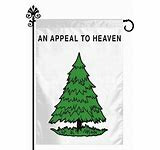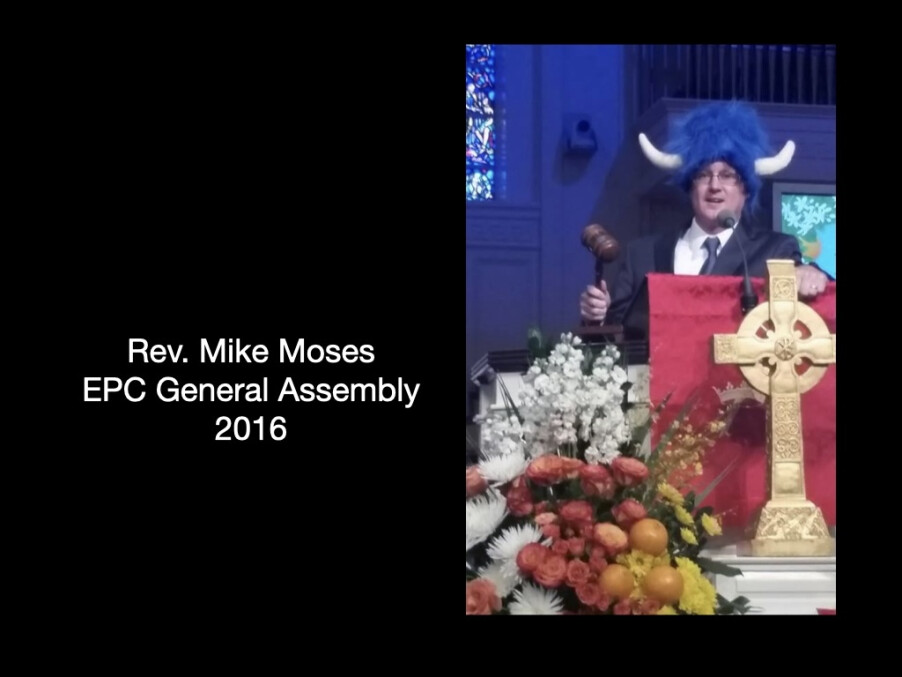Pittsburgh's Mayor Gainey's Silence on Anti-Semitic Referendum is Deafening

The "The No War Crimes on Our Dime," activist group, collected 15,000 signatures to place on this November's ballot a referendum which would prohibit Pittsburgh from doing business with any entities including nonprofits that conduct business operations with or in the country of Israel. At a time when antisemitic activity nationwide is on the rise, it is a sad thing to witness Pittsburgh throwing in with other progressive cities to join the hate parade. The left wing Democratic Socialists of America is the source of funding for the operation. To quote Lenin, there is a long line of "useful idiots" to serve his propaganda needs in America. Fast forward to 2024 and we have found some in our midst to do the bidding of their leftist masters right here in "River City." It was only eight short years ago when The Tree of Life Synagogue shootings occured and left in its wake eleven souls murdered, shocked our City and Nation. Now this.
I am sick and tired of of black hoodie wearing, sloganeering, drum banging, "useful idiots" taking over and destroying our city streets and neighborhoods in this country, and now they are here. Israel, Jews and those that side with them are just the latest target. It's not hard to figure out who's next. Israel always has had the moral high ground in this never ending war against the very existence of the Jewish State. Genocide is what would happen to them if they did not defend themselves.
I call on Mayor Gainey to renounce this attempt to legislate an antisemitic law on to our city's books and to do what he can to defeat it. It is his duty and a moral imperative to do so. So far his silence is deafening. I hope that if you are a city resident you would take this into account when you cast your vote for the next mayor.


